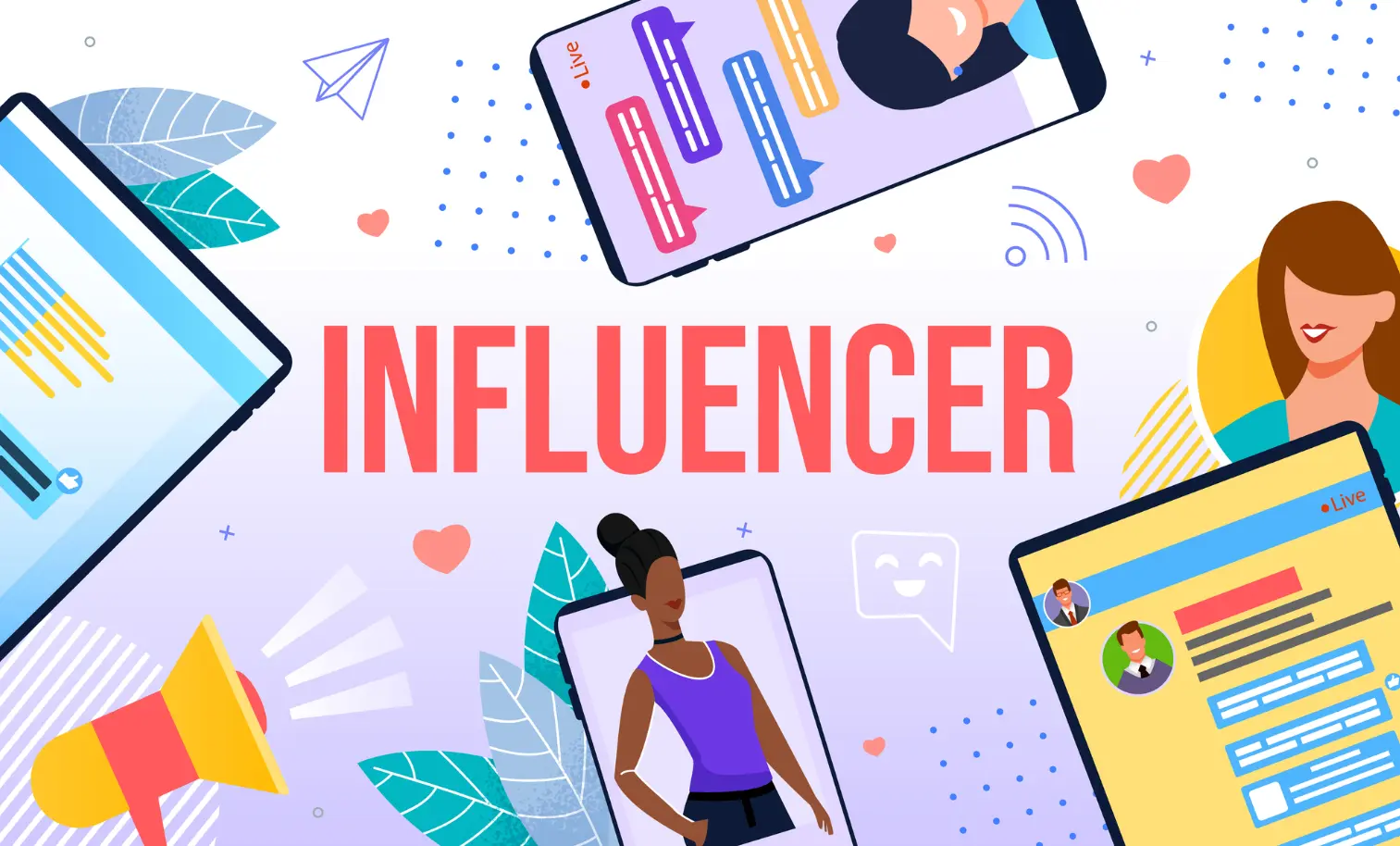
For a product to pique the audience’s interest, marketing teams work on executing a unique and exciting strategy that presents the product favorably. However, the goal is not to explicitly advertise the product but to offer a viable solution that converts viewers into valuable customers and customers into advertisers.
Over the years, as technology progressed and trends emerged, firms adopted the latest trends to present their services to the audience. One such marketing trend that has captured the attention of every prominent brand and has been proven to have a significant influence among the majority is influencer marketing.
The clout of influencer marketing
In today’s digital-first advertising landscape, the role of an influencer is to endorse the products offered by the brand to their followers. Though this might seem similar to those promotional campaigns where notable celebrities endorse brands, influencers do it better.
An influencer is a fellow social media user who garners a mass following by sharing their views on one or more topics. By posting relevant, convincing content, they acquire a certain number of loyal followers who are equally interested and agree with the influencer’s opinions.
Thus, when an influencer promotes a product, it tends to receive better attention from viewers, who are more likely to turn into customers. According to Business Wire, 61% of consumers trust influencers’ recommendations.
Influencer marketing promises better results
Nowadays, consumers have grown increasingly skeptical about brands. Though paid advertisements do work on introducing a new product to users, it does not help build impeccable trust among consumers. Also, consumers are not easily convinced of the purpose of the products unless they are offered a persuasive review.
Since the role of influencers lies in sharing their knowledge and offering their followers better options, brands favor them. So, when an influencer promotes a product, users are provided with a genuine reason to use the product. According to Think with Google, 6 in 10 YouTube subscribers prefer to follow the suggestions offered by their favorite content creators than celebrities.
Numerous businesses have greatly benefited from implementing influencer marketing. Case in point – Axis Bank. The banking giant approached tech-related influencers to help spread the word about the introduction of Thought Factory. Through several social media platforms, the influencers who were present at the live event promoted the hashtag #AxisThoughtFactory. As a result, the event received massive media attention from the tech community.
So, will they rule the world?
Social media, a platform to share updates and activities, is now considered a lucrative marketing hub thanks to the billions of users. Though the concept of paid and pop-up ads is still present, they are not enough to persuade users and are instead perceived with immense annoyance.
Also, brands now lean towards platforms like Instagram and YouTube to promote their products via influencers due to the following reasons:
- Ad-blocking software is becoming more popular, interfering with the display of adverts in browsers.
- Users negatively view picture ads and are most likely drawn to video content.
- Influencer promotion is viewed positively, while traditional advertisements are met with utter skepticism.
Furthermore, influencers usually create trendy content. This means that when a product is endorsed, it will reach a larger audience and may become the talk of the town. Thus, by harnessing influencer marketing, brands can also reap the benefits of word-of-mouth marketing.
Considering that the influencer marketing market is expected to reach roughly US$ 82.79 billion by 2029, it is clear that influencers are the way of the future.
What To Look Out For
Influencers entered the marketing fray recently and has already delivered prolific results to almost every brand. But, it is also critical to ensure that the brand is only collaborating with trustworthy influencers.
The practice of acquiring counterfeit followers has been a constant cause of concern not just for the social media platforms involved but also for brands seeking authentic influencers to promote their brands.
Influencers’ choices impact the brand’s reputation and products, so marketing teams must collaborate with reputable influencers. Though the process of discovering and verifying the legitimacy of influencers may appear complicated, with the guidance of influencer marketing platform, brands may connect with genuine influencers who would endorse your products, build positive brand exposure, and increase sales.






